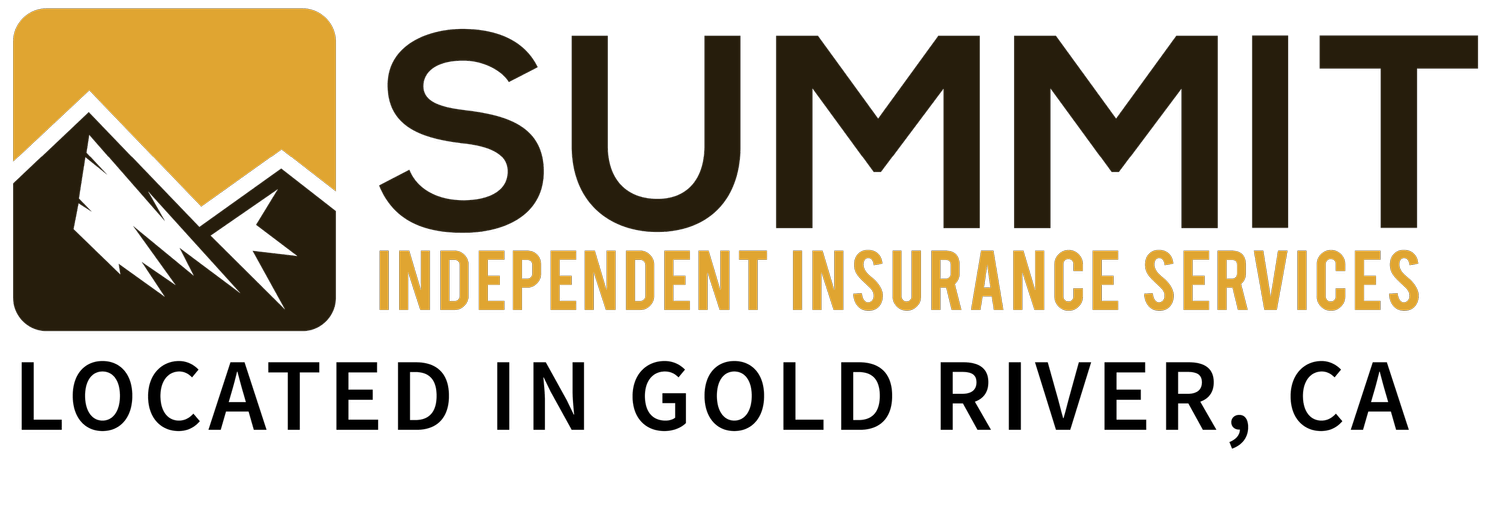Medicare Scams: What to lookout for
Older Americans increasingly become targets of Medicare scams preying on the trust of the senior community, leading to significant financial and emotional distress. As Medicare beneficiaries it's vital to understand the tactics scammers use and signs of potential fraud.
Recognizing Scams
Robocall scams are often meticulously designed to target older Americans. Scammers use "spoofing" to make it appear as if a trusted government agency or health provider is calling. Once they have your attention, they engage in casual conversation, attempting to put you at ease and ultimately extract personal information from victims.
Key Warning Signs
Medicare will never call you uninvited to ask for personal or private information. Any unsolicited calls requesting health insurance information should immediately raise red flags.
Precautions to Take
Never provide your Medicare card, Medicare Number, Social Security card, or Social Security Number unless you're certain of the requester's authenticity. Be wary of offers of money or gifts in exchange for free medical care. Only entrust your medical records and service recommendations to known medical professionals. If you're considering joining a Medicare health or drug plan, initiate the call yourself. If a call ever seems suspicious, report it to 1-800-MEDICARE.
Tips to Avoid Spoofing Scams
Protecting yourself starts with being proactive. Avoid answering calls from unknown numbers. If you pick up and the caller isn't who you expected, hang up immediately. Never provide personal information in response to unexpected calls, especially if the caller pressures you for immediate information. If someone claims to represent a health insurance provider or a government agency, verify their authenticity by calling back on official numbers.
Protect your Personal Information from Scammers
Securing your personal information is critical, guard your Medicare number as you would your credit card numbers. Keep an eye out for seasonal scams during open enrollment. Share this knowledge with friends and family, ensuring beneficiaries remain protected. If you ever suspect a scam, don't hesitate to file complaints with Medicare, the FCC, or FTC. Together, we can combat these threats and ensure a safer environment for all Medicare beneficiaries.



